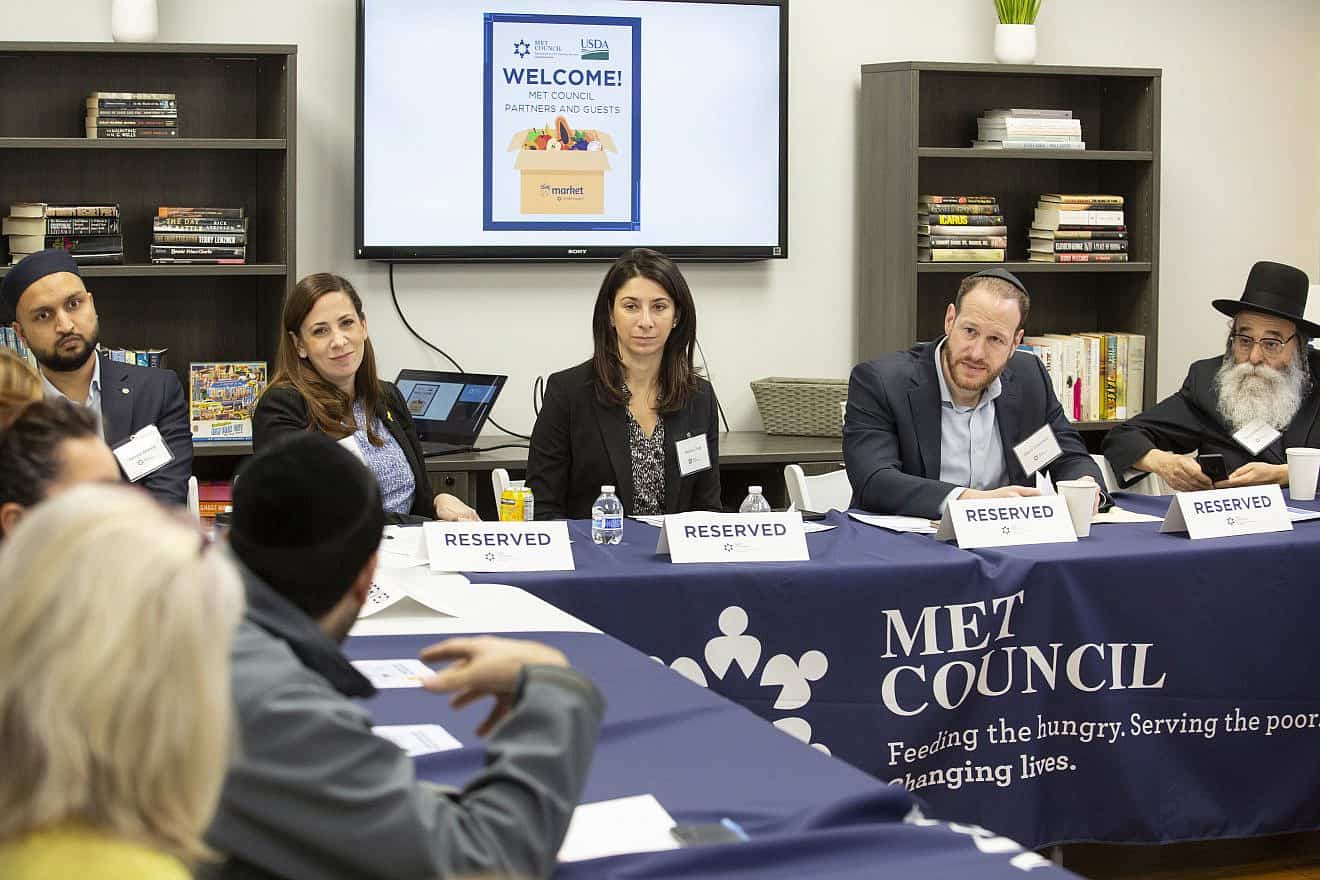Religion in the News
MADISON, Wis. (AP) — Heather Zucker ate mostly salad and spaghetti
during the years she lived in the University of Wisconsin-Madison
dorms. Sometimes, her dinner was just a bowl of ice cream.
Zucker wasn’t being picky. She keeps kosher, and she said there were “slim pickins” for Jewish students in the dining halls.
“It got old pretty fast,” said Zucker, who graduated in 2005.
That’s
about to change. UW-Madison is opening a kosher meat kitchen in a
residence hall dining room starting this fall. Muslims who follow
Islamic dietary laws, called halal, will also be accommodated.
A
growing number of schools are offering kosher dining options, but few
have full kosher meat kitchens, said UW-Madison housing director Paul
Evans. Other schools with the service include the University of
Pennsylvania and Cornell University.
“We know this is being talked about because it’s fairly unusual,” Evans said.
The goal is to make Jewish and Muslim students more comfortable and help the university attract potential students.
About
4,000 Jewish students attend UW-Madison, making it among the largest
Jewish student populations at U.S. public universities, according to
Hillel: The Foundation for Jewish Campus Life, a Washington, D.C.-based
group that has foundations on many campuses.
Kashrut, or Jewish
dietary laws, prohibit mixing milk and meat, and bar consumption of
pork and shellfish. The kosher laws detail how animals should be
slaughtered. Muslim dietary laws also prescribe how animals should be
killed, and bar alcohol and other items.
The school spent
$129,000 to buy equipment for the kitchen, which is expected to open in
November as part of a renovated dining room in Chadbourne Hall. The
university is hiring two mashgichim — Orthodox rabbis or those
appointed by rabbis to monitor food preparation — to supervise the
kitchen. Rabbi Sholem Fishbane of the Chicago Rabbinical Council
reviewed the university’s plans to ensure compliance with complicated
kosher laws.
While the kitchen will be separated from other food
preparation areas, the food will be served in a marketplace near other
stations with traditional fare and have similar prices.
Grilled chicken sandwiches, roast beef and fish will be on the lunch and dinner menus.
“It’s
a whole new concept, a whole new cuisine that we’re working with,” said
Bob Fessenden, the university’s food service director, who worked with
staff to taste potential dishes this summer. Among their discoveries,
he said, was a delicious soy crepe.
Greg Steinberger, executive
director of Hillel’s foundation at UW-Madison, said many students who
grew up eating kosher meats are forced to become vegetarians in
college. Others skip the dorms to live in apartments so they can
prepare their own food or try to keep kosher by eating at Hillel, which
offers kosher meals through the week, he said.
“When I went out
and started telling people about the plans a year ago, there were
clearly people who this registered for and have called to say, ‘I’m
applying because of this or it swayed my decision’,” he said. “Or
parents who said, ‘I feel more comfortable with my son or daughter
coming now.'”
Guidance counselors at Jewish schools will also be more likely to recommend UW-Madison to students, he said.
Joel
Bennett, 24, said he would have loved the option of a kosher meal when
he lived in Chadbourne for three years even though he, like a majority
of Jewish students, did not follow a strict kosher diet.
“It’s
about making people feel welcome,” said Bennett, a 2005 graduate. “It
makes a statement that the university is standing behind and is really
committed to diversity.”
The appeal could extend beyond Jews and Muslims.
Vegetarians,
people who avoid dairy products and those who prefer the humane
slaughter of animals are also frequent kosher consumers, said Moshe
Kushner, executive director of the Chicago Rabbinical Council.
“It
allows a student or a parent to feel comfortable if they want to send
their child out of town and keep kosher,” he said. “They know there is
a place for them to eat and socialize.”



